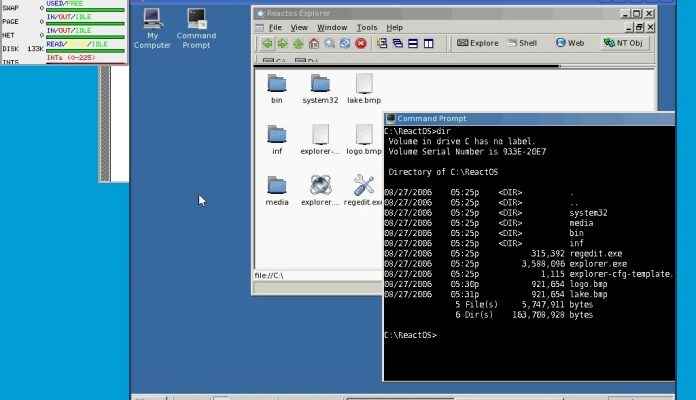Most modern computers are powerful enough to run all operating systems on your major operating systems. This means that virtual machines are more common today than ever before. Best Virtualbox alternatives In our article, safe from each other and the most demanded in the market; You can see the virtual operating system installation programs.
What is Virtual Operating System?
As it is known, a virtual machine is a software adaptation of mechanisms that run programs in computer science as in a real computer system. The Virtual Machine creates a virtual environment between the operating system and the computer platform and allows software to run on this virtual environment.
What about VirtualBox?
VirtualBox is a virtualization software. VirtualBox; It allows the operating system to be used virtually on another operating system by emulating the tools such as graphics card and processor in software.
Best VirtualBox Alternatives
QEMU
QEMU stands for fast emulator, a feature-packed open source and free virtualization software. Your computers have support for Windows, Linux and macOS. It also works on all three operating systems. It’s relatively easy to set up but gets a little complicated when using it. It does not need a high-spec computer to work. In short, it is one of the fastest and most ideal virtual machines.
VMware Workstation Player
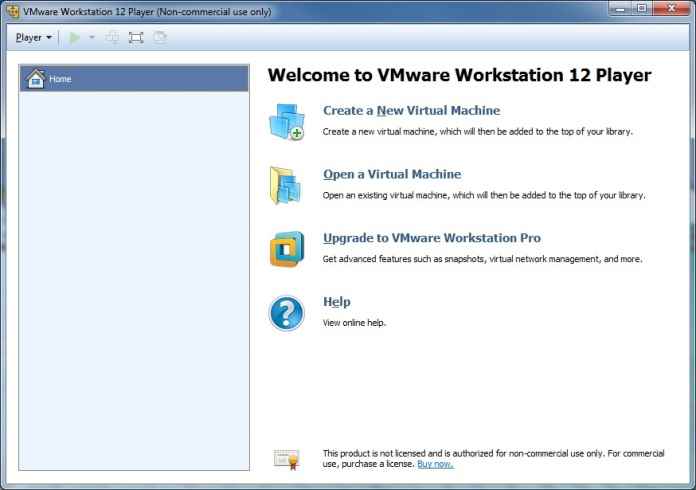
VMware is a very ambitious software as one of the fastest virtual machines that works very fluently with Windows 10. Developed for Windows and Linux only. Moreover, it is very easy to run it on your computer. Although a licensed version is also available, you do not need to purchase a license if you only want it for personal use.
VMware Fusion / VMware Fusion Pro
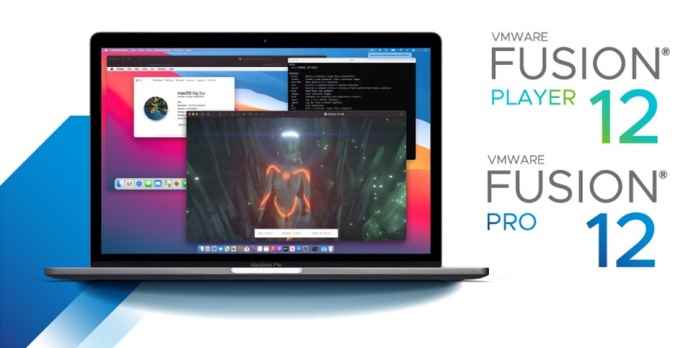
Another VMware product, Fusion Pro is for OS X only and lets you run Windows and Linux on Mac in a virtual machine. What really makes the program such a great choice is the combination it creates between server and client, allowing you to run Windows apps on Mac, just like apps. You can use Windows 10 features like Cortana and universal search on Macs.
Parallels Desktop
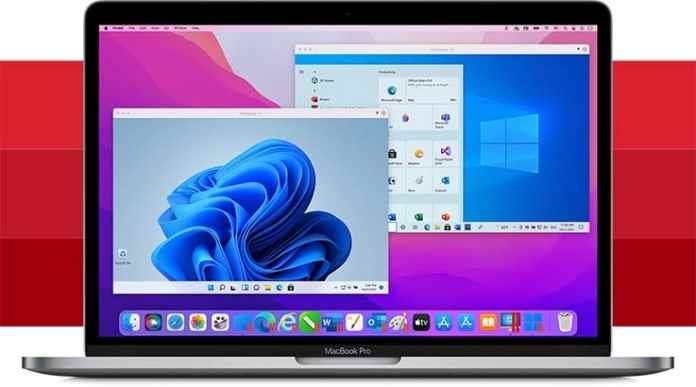
Parallels Desktop, a popular virtual operating system, is a direct competitor to VMware Fusion and Fusion Pro, and even offers two versions: one designed for personal use and the other for businesses. Parallels Desktop does everything VMware Fusion does with some subtle differences. It also allows Mac and Windows to run simultaneously, and even comes with a “Consistency” mode, the exact equivalent of Fusion Unity. However, Parallels is not limited to Windows and can run Linux and Chrome OS on your Mac.
Portable-VirtualBox
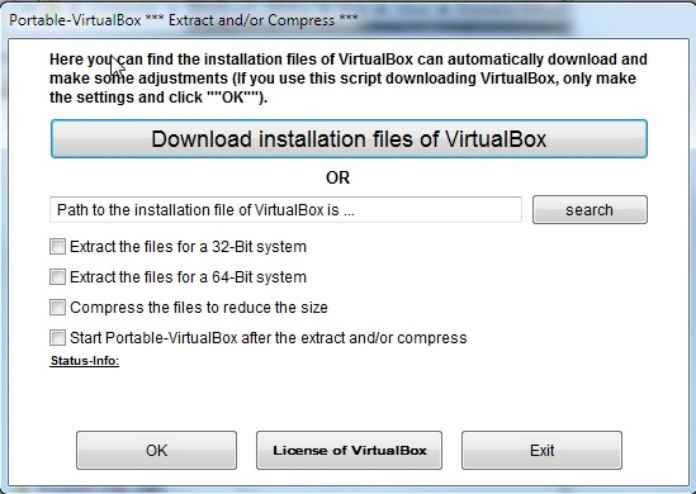
Among the best VirtualBox alternatives is another virtualization software from Oracle Cooperation for both business and personal use. It doesn’t have as many functions as VirtualBox, but it has its own advantages. For example, it can run on 64-bit AMD and Intel chipsets. It does not need a separate installation as it can run an operating system from a USB drive.
Windows VirtualPC
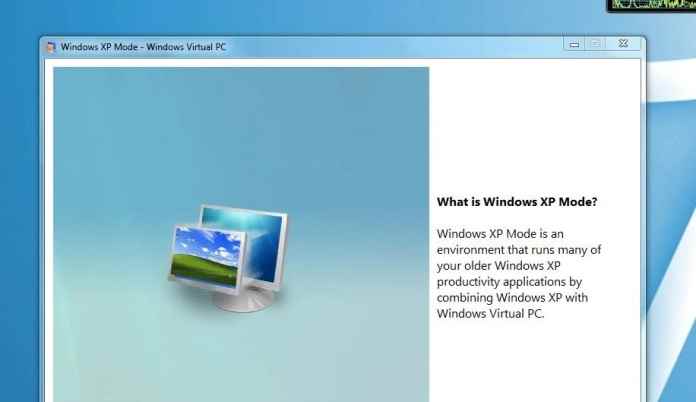
This is another effective virtual machine software that runs on Windows hardware. Microsoft developed it for the sole purpose of running Windows operating systems. Its advantage over others is that it is easy to install and set up. It’s also free to download and works fine on Windows as expected.
CoLinux
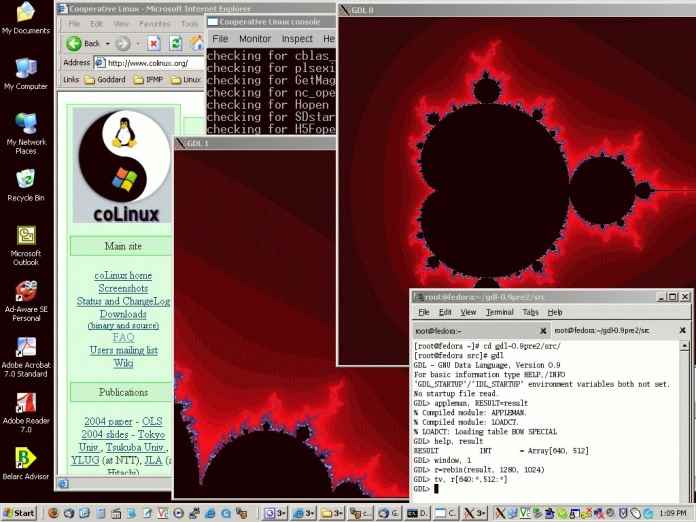
CoLinux allows Windows and Linux users to run both operating systems simultaneously; Acronym for Cooperative Linux. Not only this; Programs and data in an operating system can be shared with other operating systems through its own hardware called CVM.
MobaLiveCD
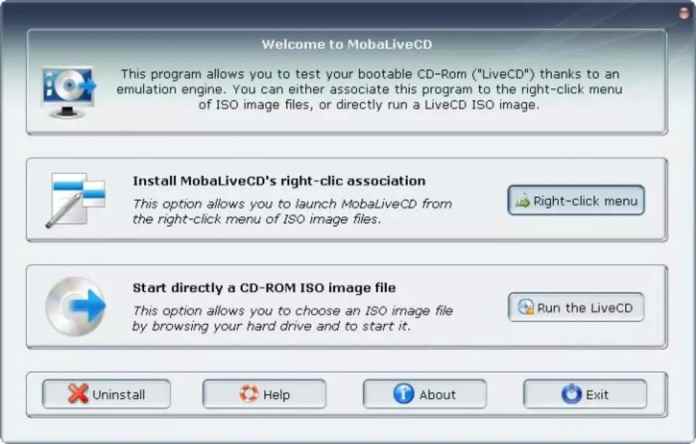
MobaLiveCD is a specific program to run Linux virtual machine on Windows chains without installation shackles. As the name suggests, MobaLiveCD is for testing and emulation purposes on any Windows machine; allows to run a Linux LiveCD. It uses QEMU as the engine for emulation of the virtual environment and you don’t have to burn a CD to run Linux on Windows.
XenServer
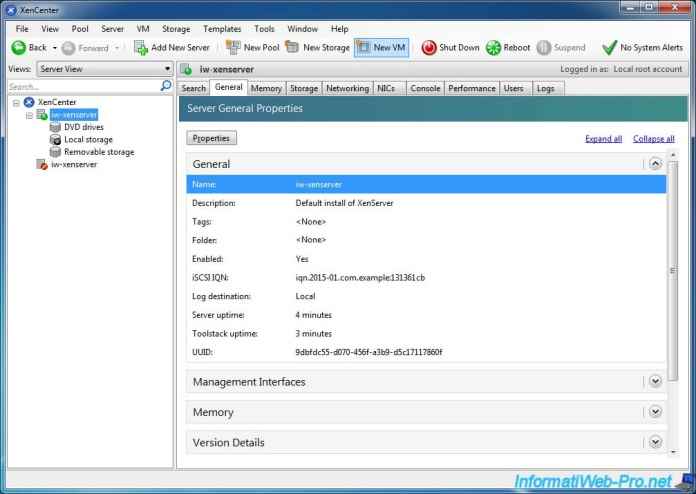
XenServer Might be a bit too much for the average home user; however, if you’re learning about VMs for work or want to hone your skills for the workplace, XenServer comes after VMWare in terms of power and ubiquity. It’s free for home use and open source, and it’s really powerful.
Hyper-V
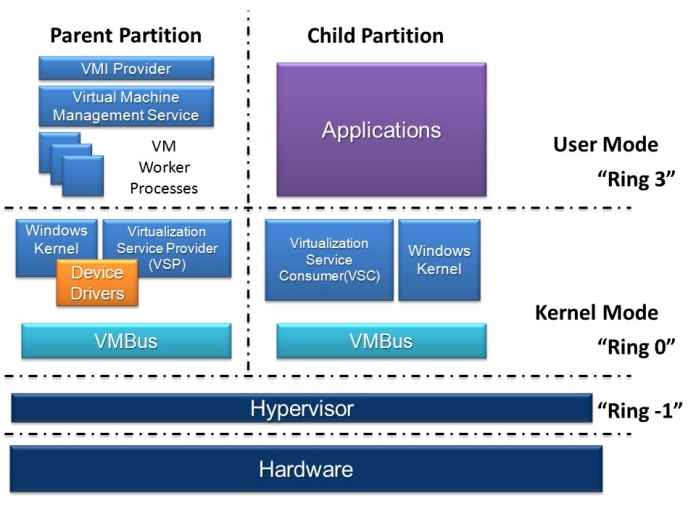
It is a very solid virtualization application for Windows 10 with a very accessible interface and easy-to-use features. In addition to simply allowing you to virtualize operating systems, Hyper-V can save hard drives, switches, external media drives, etc. It is capable of virtualization, but does not allow virtualization of any audio hardware or GPU. It only works with 64-bit Windows 10 and is built into the Pro, Enterprise and Education edition of Windows 10.
